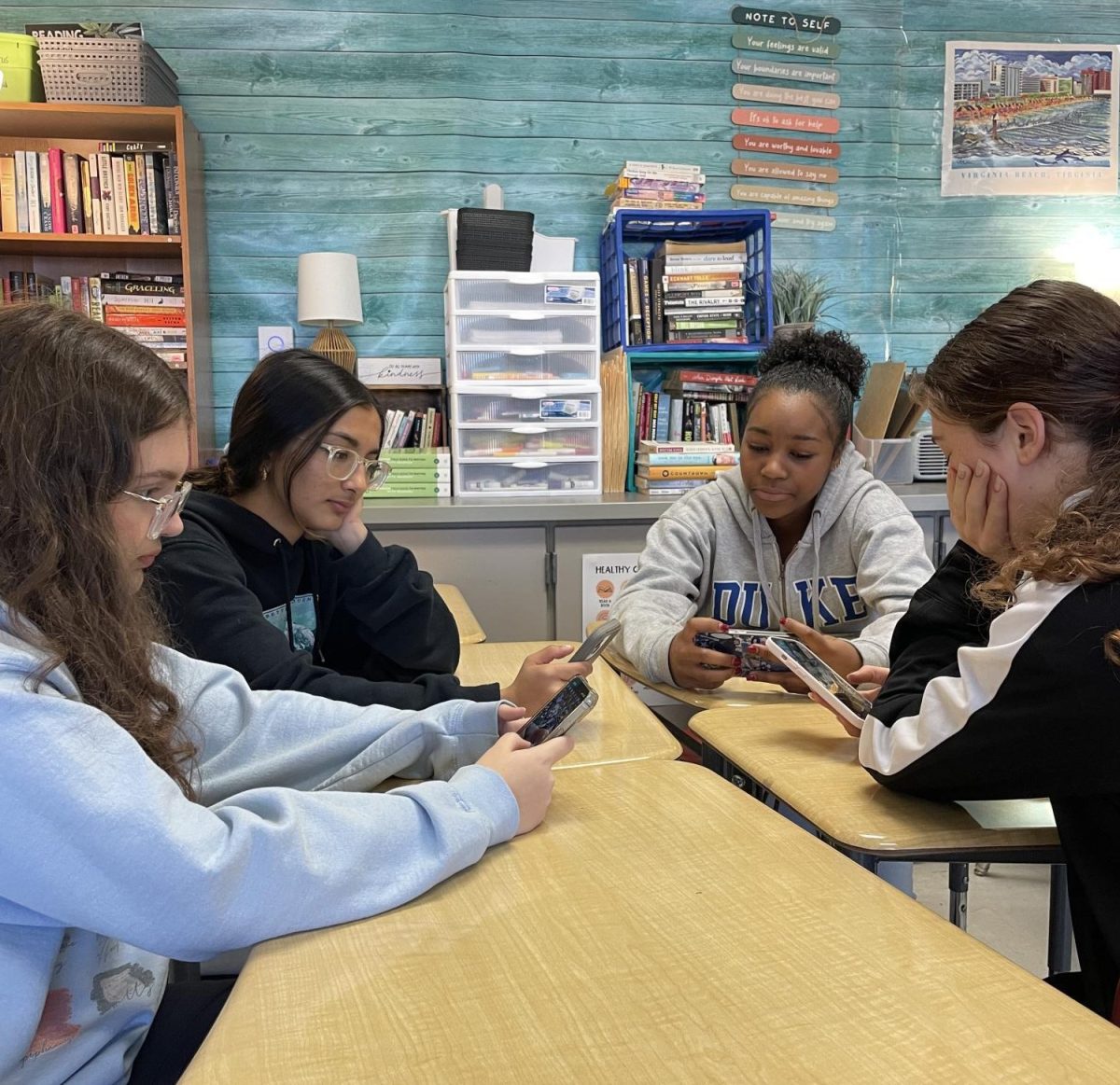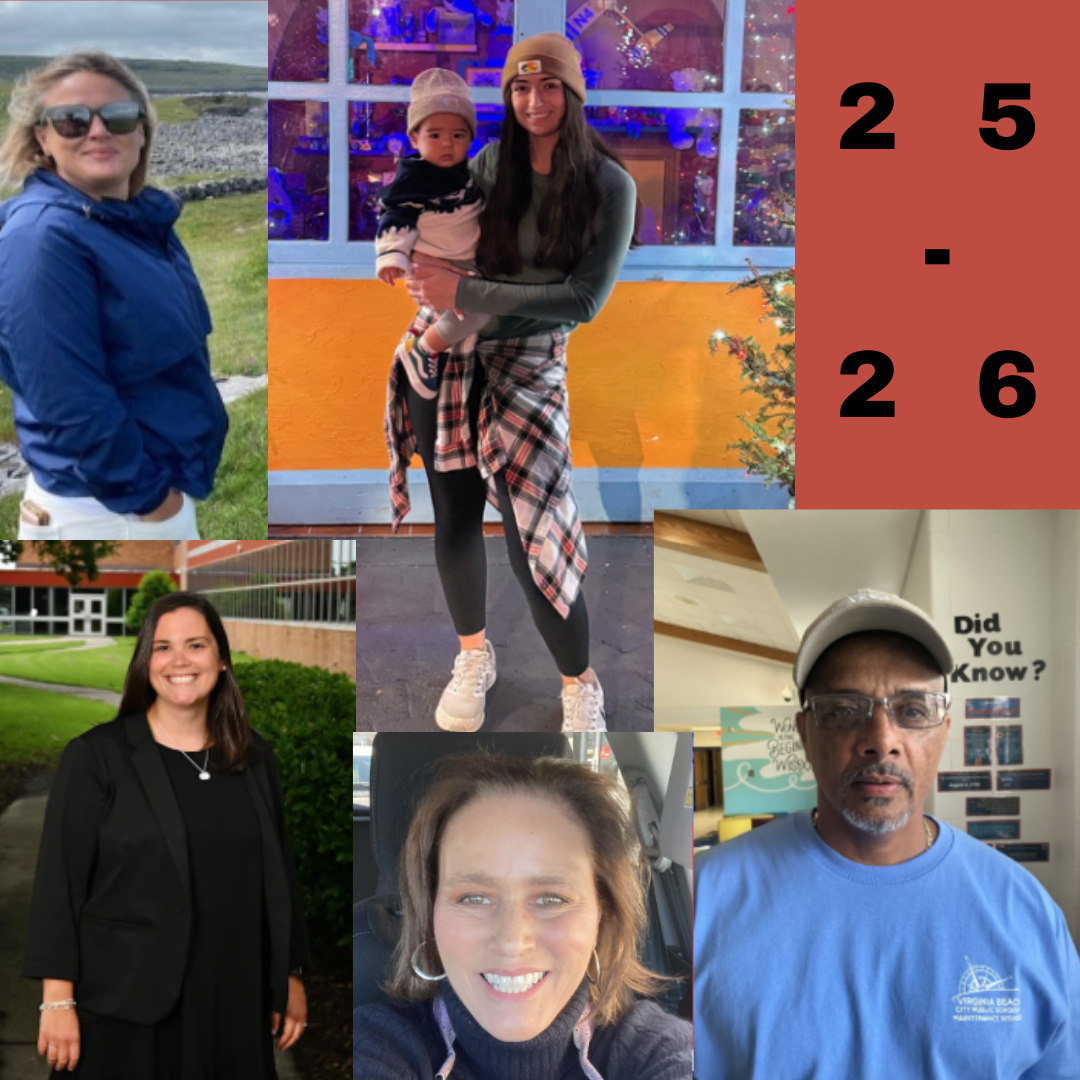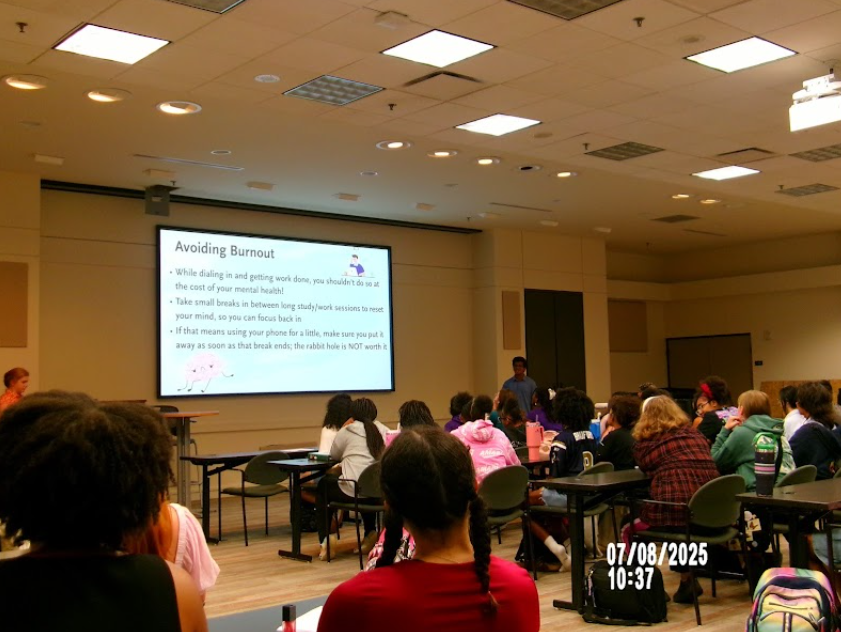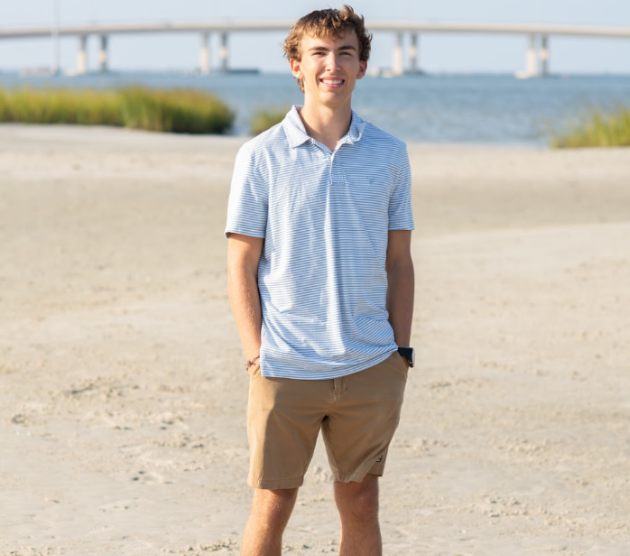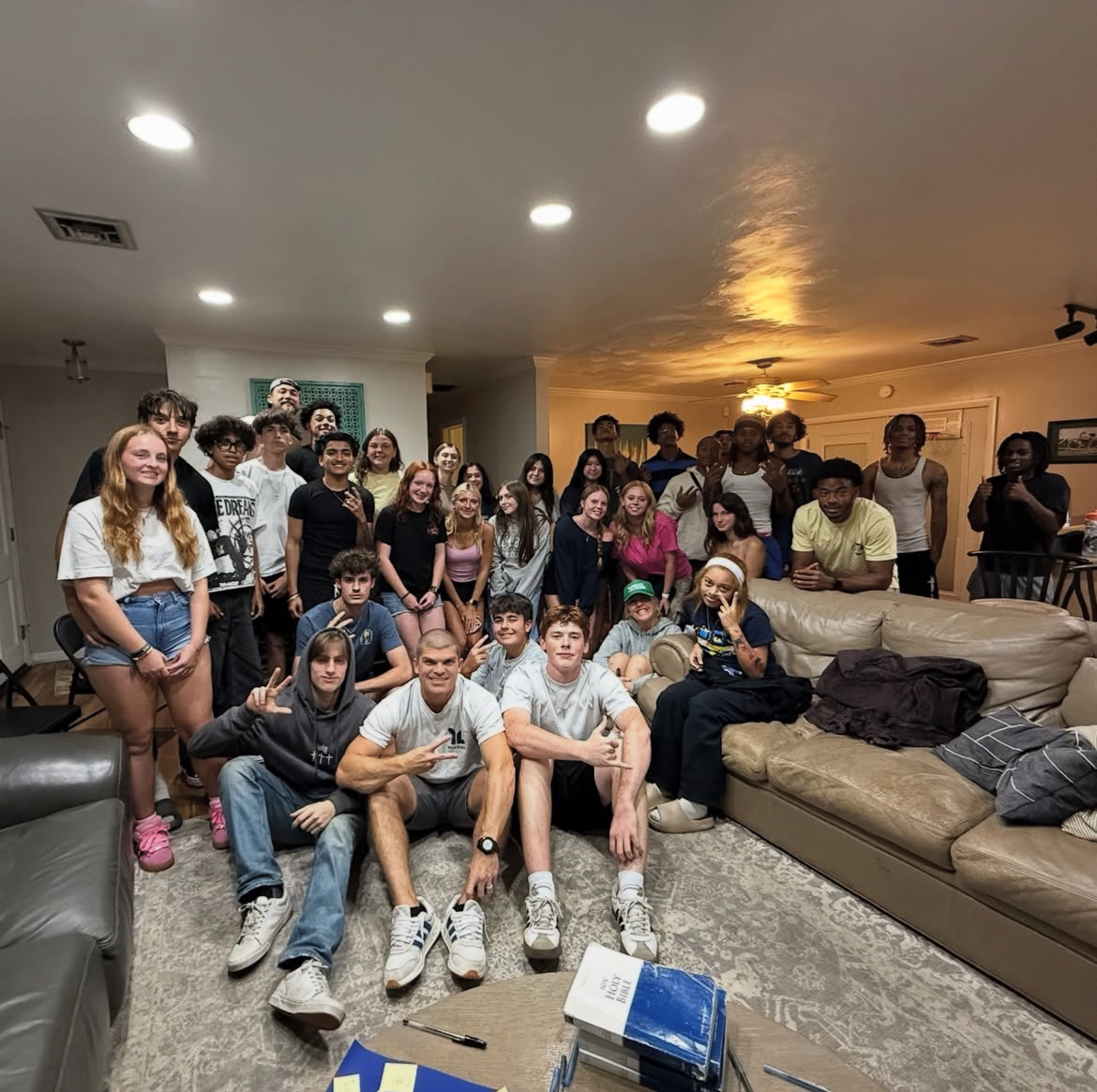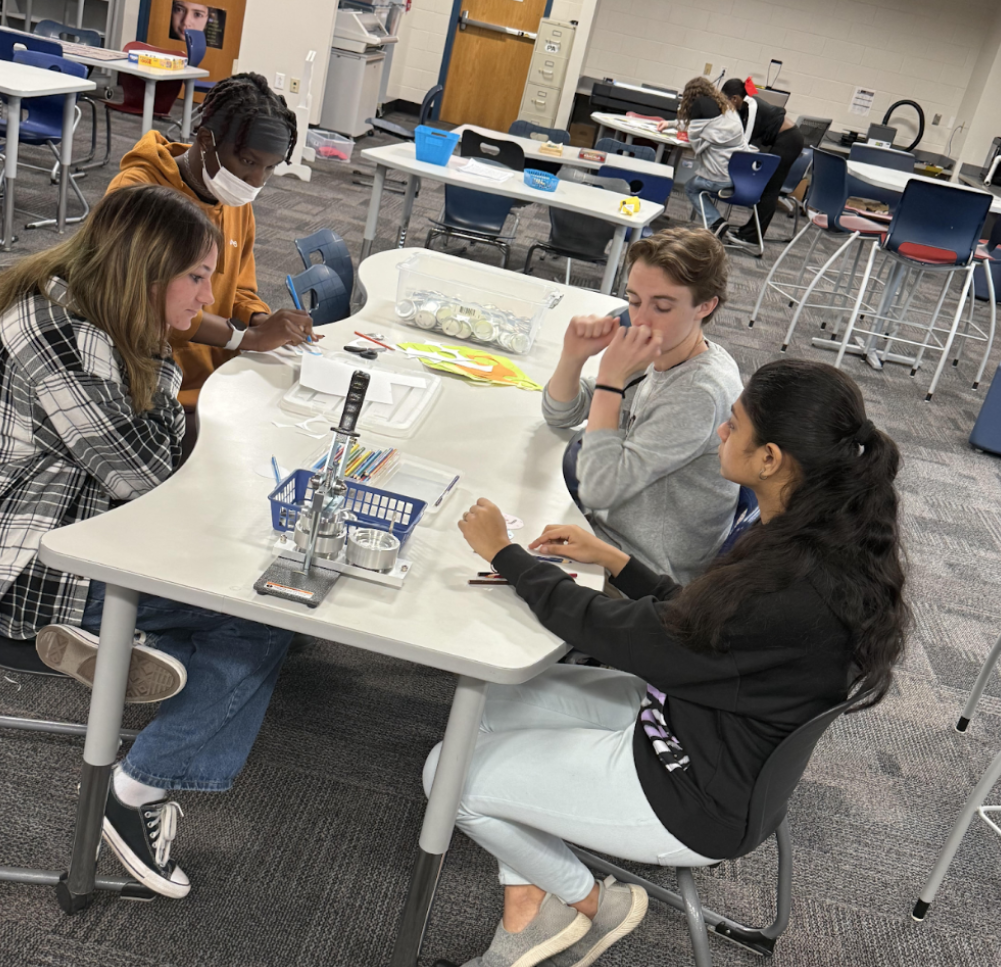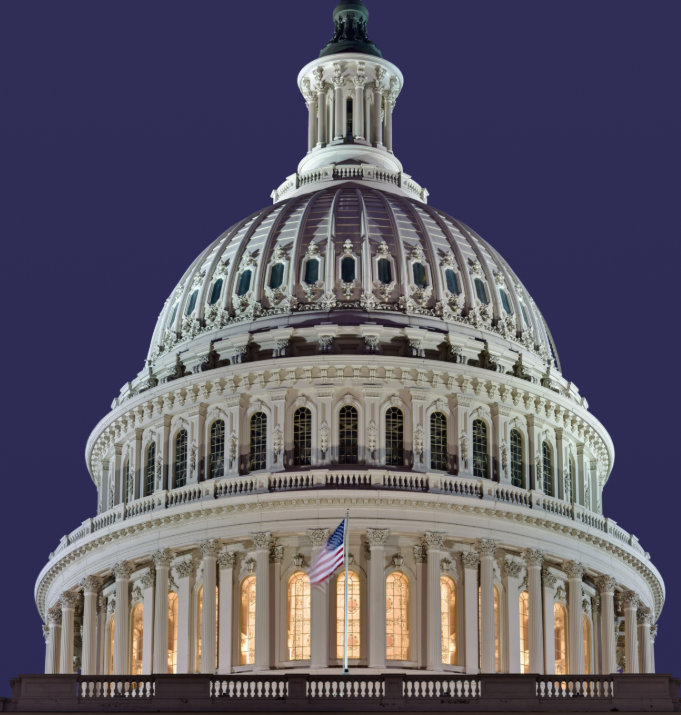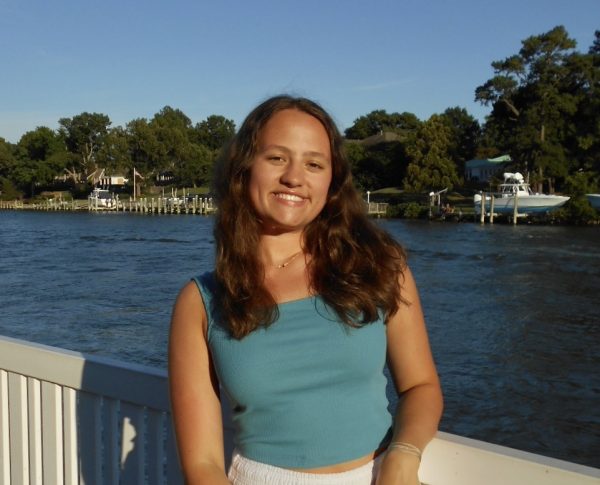Following an executive order from Governor Glenn Youngkin this summer, the Virginia Department of Education released guidelines on Sept. 17 for cell phone-free education in Virginia schools. While the guidance established a school day entirely free of cell phones for high school students, the Virginia Beach School Board voted on Dec. 10 to permit high school students to continue to use cell phones during lunch, although no longer during bell changes in the New Year.
Principal Todd Tarkenton explains that part of the reason the school board made the concession to high schools was because the change in policy goes into effect on Jan. 1, 2025, instead of the start of a new school year. He says such a significant change in policy in the middle of the school year would have been a “big shift.”
While the only restriction taking place once students return from winter break this year will be a ban on using phones during class changes, the possibility of a total ban still exists. While VBCPS has not made a decision regarding phone use for the 2025-26 school year, Tarkenton speculates it will fully align with the executive order, prohibiting high school students from using cell phones during lunch as well.
With changing rules on the horizon, some students have opinions on the restrictions. While sophomore Addey Osborne agrees with the restrictions on cell phones while in class, she believes taking away their ability to use it in the hallways doesn’t have any effect on learning. Junior Colin McCarthy adds “I think the phone ban is a bit excessive and I think [phones] should not be banned only until lunch, I think they should be allowed in the hallways as well and during passing periods.”
Additionally, some students’ opinions have been changed based on PA’s recent internal lockdown a few weeks ago. Osborne states “based on the last incident…I think it was good that everybody had their phones to text their parents because even though nothing happened, it was still really scary for a lot of people.” According to Osborne, allowing students to have their phones “gave them comfort because they knew they could talk to people that they needed to.” McCarthy also talked about how the ban could also cause safety issues especially regarding future situations like the lockdown. He says having phones could help students feel safer.
Whether good or bad for students, cell phones will continue to be a factor impacting learning. McCarthy does regard the restriction as positive for learning: “I don’t think it will affect our learning environment negatively because phones actually hinder your attention,” he explained. Freshman Brooke Ferlauto adds “I think it’s going to be good for not having them out in classrooms, but if kids want to have them for lunch, then I think they should.”
Tarkenton says that ensuring any stricter regulations on phone usage at Princess Anne will be a challenge as compliance with this year’s original policy has not been widespread so far. “I have seen a lot more phones than probably we should have during…instructional time, which we defined as the four academic blocks, and the instructional setting, which we defined as anywhere on campus,” he explains. The issue of student phone usage also extends to not just visible phone usage Tarkenton adds, but any headphones that are connected to a phone.
Once students return from winter break, Tarkenton explains that the school will have to be more strict enforcing the policy as teachers will hold students accountable for using their phones during class changes and before the bell rings while in class. In the New Year, Tarkenton deems the change will “be an uphill battle,” but he says “I do appreciate the school board acknowledging the compromise with One Lunch.”
When it comes to other students and their reactions to the ban, Osborne says “I honestly don’t think they are going to like it at all. I think most of them will follow it but not happily.” Ferlauto adds that she believes students will disregard the new rules for the most part. While the added restrictions to enforce will be a challenge as students return to school, Tarkenton points to the effectiveness of a stricter tardy policy recently enforced at PA, which holds promise for the ability to enforce the new phone policy.



